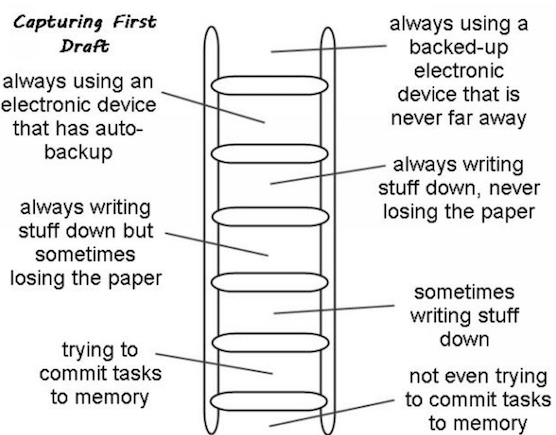The ScienceNLP Lab and the Information Quality Lab at the School of Information Sciences (iSchool) are seeking a University of Illinois at Urbana-Champaign student to read and annotate health-related literature. Knowledge and training and knowledge in a medical/life sciences field such as biology, chemistry, bioinformatics, food science and nutrition, or bioengineering is essential. The hourly will work an average of 10 hours per week for spring semester, under the co-supervision of Dr. Halil Kilicoglu and Dr. Jodi Schneider. The project focuses on assessing biomedical publications for citation accuracy and integrity. Your role in this project will be to locate citation statements in biomedical articles and assess their accuracy with respect to the cited articles. You will collaborate with other annotators on this task. This work is part of the project Natural Language Processing to Assess and Improve Citation Integrity in Biomedical Publications, funded by the Office of Research Integrity (ORI).
Project Description: While citations play a fundamental role in scientific knowledge diffusion and research assessment, they are often inaccurate (e.g., citation of non-existent findings), undermining the integrity of scientific literature and distorting the perception of available evidence. A recent meta-analysis showed that 25.4% of medical articles contained a citation error. A bibliometric analysis revealed that inaccurate citations of a letter published in 1980 may have contributed to the opioid crisis. The project will develop and validate resources and models that aid stakeholders in assessing biomedical publications for citation accuracy and integrity. The publicly available annotated corpus you help create will be used to develop natural language processing/artificial intelligence (NLP/AI) models for assessing reporting quality in biomedical articles.
Duties include:
- Reading and annotating biomedical publications for citation integrity/accuracy
- Contribution to development of annotation guidelines
- Contribution to scientific presentations and publications
Required qualifications:
- Background in a field such as: medicine, life sciences, including biology, chemistry, bioinformatics, food science and nutrition, bioengineering, or a related field.
- Excellent English reading comprehension skills
- Excellent communications skills in written and spoken English
- Excellent analytical/critical thinking skills
- Effective time management skills, attention to detail
Preferred qualifications:
- Interest in topics such as trustworthy science, research rigor/quality, reproducibility
- Interest in biomedical data science, bioinformatics, or related fields
- Availability for multiple semesters
Interested candidates should send their CV/resume and a short statement of purpose drawing attention to their training in medicine or life sciences (e.g., biology, chemistry, bioinformatics, food science and nutrition, bioengineering, or a related field) to Halil Kilicoglu (halil@illinois.edu) and Jodi Schneider (jodi@illinois.edu). Review of applications will begin immediately. Applications will be accepted until the position is filled.
Posted on Handshake and the Virtual Job Board.
